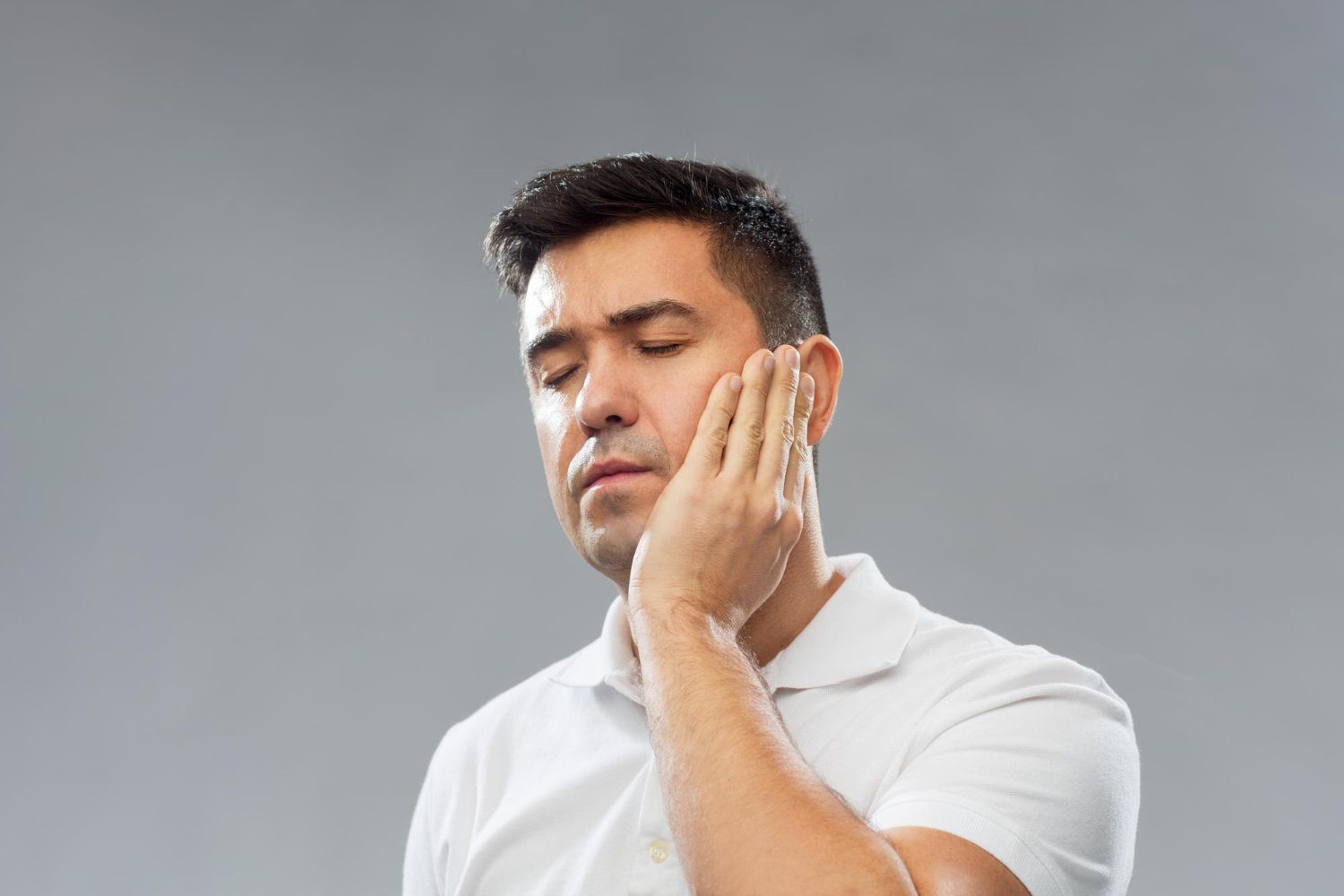From Annoyance To Alarm: When Should You Worry About Snoring?

Snoring, a common phenomenon that often disrupts the tranquility of slumber, is more than just a nocturnal nuisance. It is a multifaceted condition that encompasses a gamut of causes, with implications extending beyond mere inconvenience. This exploration aims to delve into the intricacies of snoring, unearthing its root causes, delineating its potential impact, and uncovering an array of treatment solutions.
Snoring reigns as one of the most prevalent, albeit misunderstood, sleep disorders. While often dismissed as a harmless, albeit annoying, nighttime habit, snoring may serve as a harbinger of more serious health issues. From habitual snorers to those who sporadically disrupt the silence of the night, understanding the underlying triggers is key to addressing this issue effectively.
The impact of snoring is not to be underestimated, with effects infiltrating various aspects of health, well-being, and interpersonal relationships. The nocturnal noise can potentially lead to sleep deprivation for both the snorer and those within earshot, precipitating a cascade of health repercussions in the long run.
The good news is, snoring is not an insurmountable challenge. A range of treatment solutions exists, from lifestyle modifications to medical interventions, that can alleviate, if not entirely eliminate, the symptoms. However, the choice of treatment is contingent upon a comprehensive understanding of the condition.
This comprehensive overview serves as an enlightening journey through the realm of snoring, shedding light on the why's and how's of this common sleep disorder. With a blend of scientific insights and practical advice, this exploration is designed to empower individuals with knowledge and tools to combat snoring, paving the way towards a restful, serene night's sleep.
The Anatomy of Snoring: Contributing Factors
Several factors contribute to snoring, including age, body weight, sleep position, alcohol consumption, and the anatomy of your throat and nasal structures. Some of these factors are briefly explained below:
- Age: As we age, muscle tone in the throat decreases. Reduced muscle tone increases the likelihood of snoring, as airways become more prone to partial obstruction.
- Body Weight: Obesity, especially when carrying excess weight around the neck, can put pressure on the throat's airways. This pressure narrows the airways, resulting in increased vibration during breathing and subsequent snoring.
- Sleep Position: Sleeping on your back can lead to a greater likelihood of snoring. In this position, the tongue and soft palate can collapse to the back of the throat, partially blocking the airway and creating the characteristic sound of snoring.
- Alcohol Consumption: Alcohol relaxes throat muscles, increasing the likelihood of airway obstruction and snoring. Drinking alcohol before bedtime can exacerbate snoring in individuals who are already prone to it.
- Nasal and Throat Structures: The anatomy of one's throat and nasal passages can contribute to snoring. A deviated septum, enlarged adenoids or tonsils, or chronic nasal congestion can restrict airflow and create the conditions that cause snoring.
Impact of Snoring on Health and Sleep Quality
While snoring remains a nocturnal annoyance that disrupts your partner's (and potentially your own) sleep, it can also undermine your wellbeing. Some health implications related to snoring include:
- Sleep Disruption: Frequent snoring can interrupt sleep, reducing sleep quality and causing daytime fatigue. This lack of rest can harm one's cognitive abilities, mood, and productivity.
- Cardiovascular Issues: Persistent snoring may be a signal of obstructive sleep apnea (OSA), a sleep disorder characterized by regular cessations in breathing. OSA increases the risk of high blood pressure, stroke, and heart disease.
- Mental Health: Snorers often report symptoms of anxiety and depression, arising from their disturbed sleep. Over time, these mental health concerns can have a compounded effect on a person's wellbeing.
Diagnostic Approaches to Snoring
At The Center for Sleep Apnea and TMJ in , we emphasize the importance of a thorough and accurate diagnosis before establishing a treatment plan. Our diagnostic process includes:
- Detailed Medical History: We begin by reviewing your medical history, including any reported cases of snoring, sleep apnea, or nasal congestion.
- Sleep Study: In some cases, a sleep study may be recommended to monitor your sleep patterns and breathing. This test enables us to determine if your snoring is linked to OSA and devise a subsequent treatment plan.
- Physical Examination: During a physical examination, our specialists assess your throat, airways, and nasal passages, aiming to identify any structural abnormalities that may contribute to snoring.
Treating Snoring: Options and Solutions
Once the cause of snoring is identified, our team at The Center for Sleep Apnea and TMJ collaborates with you to develop a tailored treatment plan. Some of the treatment options available include:
- Lifestyle Changes: Often, simple lifestyle changes can make a significant impact on snoring. Weight loss, adopting a regular sleep schedule, adjusting sleep positions, and reducing alcohol consumption can all contribute to alleviating snoring.
- Nasal Strips and Decongestants: For those with nasal congestion or structural issues, over-the-counter nasal strips or decongestants can help increase airflow and reduce snoring.
- Oral Appliances: Custom-made oral appliances can be worn during sleep to help reposition the jaw and tongue, preventing airway blockage and minimizing snoring. These devices are particularly helpful for individuals with mild to moderate sleep apnea.
- Continuous Positive Airway Pressure (CPAP) Therapy: A CPAP machine is the gold standard for treating moderate to severe sleep apnea. The device delivers continuous, pressurized air through a mask, preventing the airway from collapsing and alleviating snoring.
- Surgery: In some cases, surgical intervention may be necessary to treat snoring, particularly if structural abnormalities in the throat or nasal passages are present.
The Unseen Causes of Snoring: An In-depth Understanding
Snoring is more than just a nightly nuisance—it can profoundly impact your health and well-being. By understanding its causes and seeking appropriate treatment, individuals can reclaim their restful nights and improve their overall quality of life. At The Center for Sleep Apnea and TMJ, our team of sleep doctors in Meridian is here to help you find the best solutions for your snoring concerns. Together, we can pave the path for a healthier, more restorative sleep experience.
Disclaimer:
Our blog articles serve to educate readers about various treatment options for sleep apnea and TMJ disorders. It's important to understand that while we discuss multiple treatments in our posts, not all of these options may be accessible at our clinic. We encourage you to reach out and schedule a consultation with us. This way, we can carefully devise a personalized treatment plan that caters to your specific needs.










